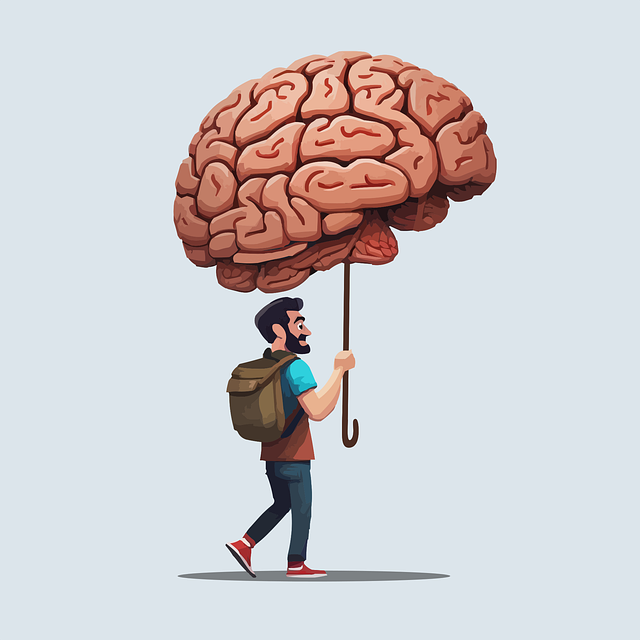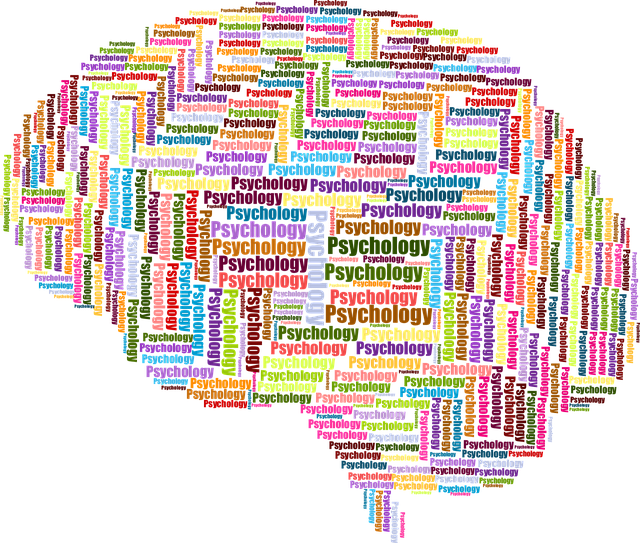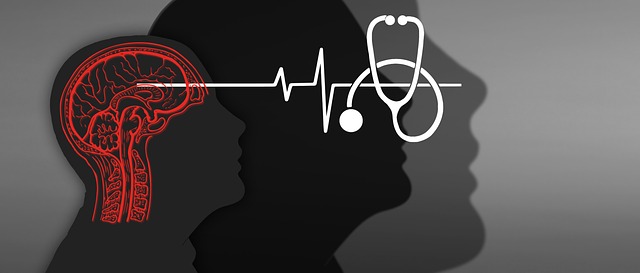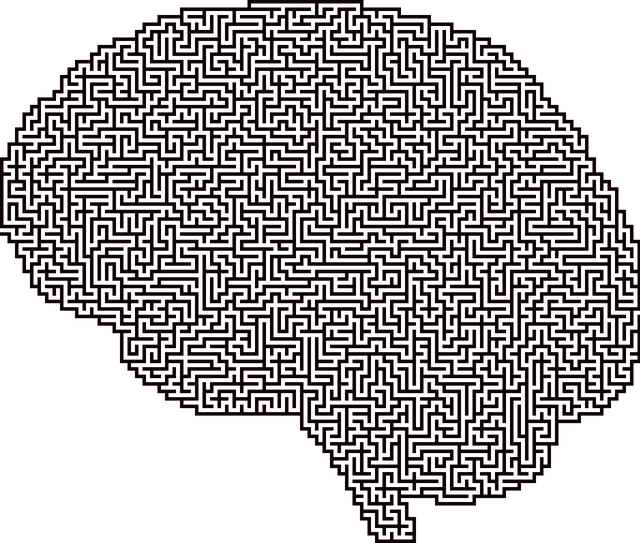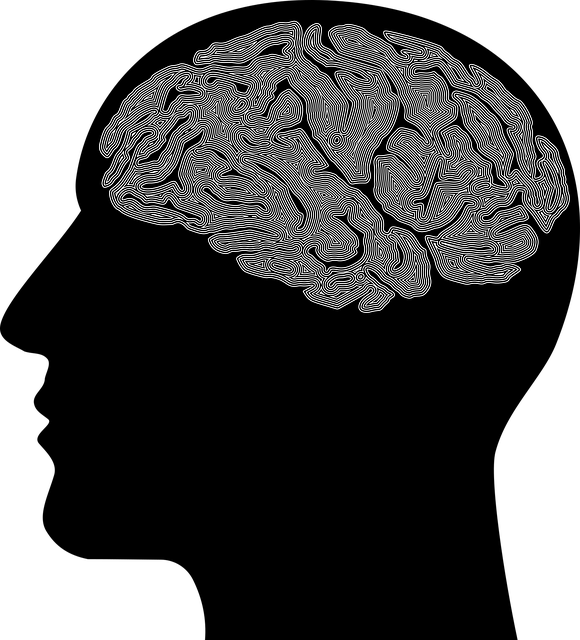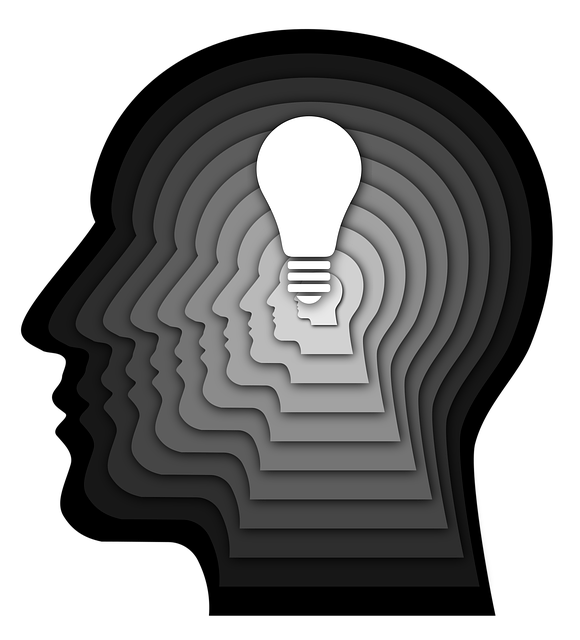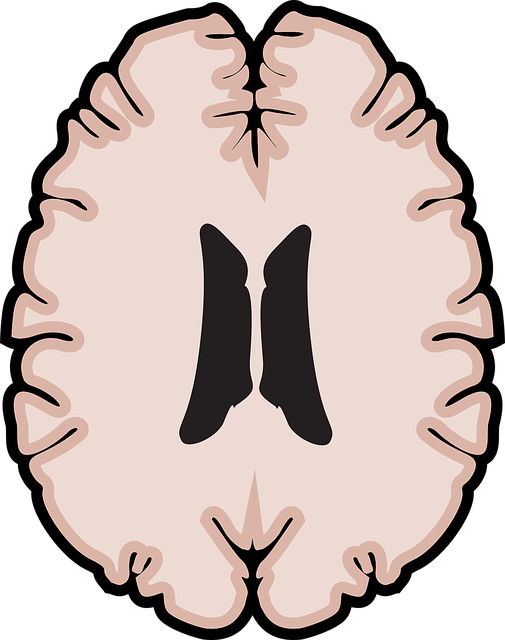As global populations age, addressing mental health issues in older adults becomes critical. Geriatric mental health faces unique challenges like social isolation, cognitive decline, chronic illnesses, and loss of independence. Effective strategies include adapted therapy, senior-focused education, and anxiety relief techniques. Data collection methods, such as structured interviews, self-report questionnaires, and digital tools, are crucial for understanding geriatric mental health. Advanced analytics tools like machine learning and natural language processing reveal hidden trends in geriatric populations, enabling personalized therapy tailored to complex needs. By focusing on emotional intelligence and data-driven insights, therapists can develop effective programs like adapted CBT for improved quality of life among the elderly.
Mental health data analysis is a burgeoning field, especially within geriatric care. As our population ages, understanding the unique mental health challenges faced by older adults has become paramount. This article explores key aspects of geriatric mental health, from identifying suitable data collection methods to employing advanced analytics techniques that reveal hidden patterns. We delve into interpreting results with practical implications for therapy and care, ultimately enhancing services for this vulnerable group through data-driven insights, focusing on effective therapy for geriatrics.
- Understanding Geriatric Mental Health: Challenges and Unique Considerations
- Data Collection Methods for Geriatric Mental Health Research
- Advanced Analytics Techniques for Uncovering Patterns in Geriatric Populations
- Interpreting Results: Practical Implications for Therapy and Care
- Enhancing Geriatric Mental Health Services through Data-Driven Insights
Understanding Geriatric Mental Health: Challenges and Unique Considerations

Mental health issues among older adults present unique challenges that require a nuanced approach. As populations around the world age, understanding geriatric mental health becomes increasingly vital. The elderly often face complex factors contributing to their psychological well-being, including social isolation, cognitive decline, chronic illnesses, and the loss of independence. These factors can exacerbate existing conditions like depression, anxiety, and delirium, which are prevalent in this demographic.
Addressing geriatric mental health involves tailored strategies, such as adapting therapy for geriatrics to accommodate cognitive changes and physical limitations. Mental health education programs designed specifically for seniors can empower them with coping mechanisms and promote emotional healing processes. Additionally, integrating anxiety relief techniques into care plans can significantly improve the overall quality of life for older adults, ensuring they receive holistic support tailored to their needs.
Data Collection Methods for Geriatric Mental Health Research

In Geriatric Mental Health Research, effective data collection methods are paramount to understanding and addressing the unique challenges faced by older adults. These include various techniques tailored to accommodate cognitive changes associated with aging and ensure participant comfort and engagement. One widely employed method is structured clinical interviews, which allow for in-depth exploration of mental health symptoms, histories, and treatments. Additionally, self-report questionnaires and surveys offer a practical way to gather subjective reports on Mental Wellness and Stress Reduction Methods, while also providing insights into daily living activities and social interactions.
Another valuable approach involves the use of digital tools, such as mobile applications, for remote data collection. These platforms can facilitate regular tracking of mood, anxiety, and other mental health indicators, promoting continuous monitoring of Resilience Building among Geriatrics. By combining these diverse data collection methods, researchers gain a comprehensive view of geriatric mental health, enabling evidence-based development and evaluation of Therapy for Geriatrics tailored to their specific needs.
Advanced Analytics Techniques for Uncovering Patterns in Geriatric Populations

In the realm of mental health data analysis, advanced analytics techniques are instrumental in uncovering hidden patterns within geriatric populations. These innovative methods go beyond traditional statistical approaches by employing machine learning algorithms and natural language processing to mine vast datasets derived from medical records, therapeutic sessions, and patient surveys. By delving into these data treasures, researchers and clinicians can gain profound insights into the unique mental wellness challenges faced by seniors, including emotional regulation difficulties and trauma support needs.
For instance, sophisticated analytics tools can identify trends in prescription medication usage for anxiety and depression among the geriatric population, highlighting potential gaps in current therapy for geriatrics. Moreover, these techniques enable the early detection of cognitive decline or dementia risk factors, allowing for proactive interventions. By harnessing the power of advanced analytics, mental health professionals can tailor their approaches to better serve the complex emotional regulation needs of seniors, ultimately enhancing the effectiveness of trauma support services within this demographic.
Interpreting Results: Practical Implications for Therapy and Care

Interpretation of mental health data is a pivotal step in tailoring effective therapy and care strategies for geriatric populations. When analyzing results from various assessments, therapists can gain valuable insights into an individual’s emotional intelligence, which plays a significant role in their overall well-being. By understanding the nuances of mood management and leveraging compassion cultivation practices, therapeutic interventions can be optimized.
For instance, data might reveal specific challenges in emotional regulation among older adults, prompting therapists to incorporate targeted strategies during sessions. This could include teaching mindfulness techniques or cognitive reframing skills to enhance emotional intelligence, thereby improving their ability to navigate stress and maintain a positive outlook. Such a tailored approach ensures that therapy for geriatrics is not just age-sensitive but also addresses the unique psychological needs of each individual.
Enhancing Geriatric Mental Health Services through Data-Driven Insights

In recent years, there has been a growing recognition of the unique mental health challenges faced by older adults, leading to increased focus on enhancing geriatric mental health services. Data-driven insights play a pivotal role in this endeavor. By meticulously analyzing trends and patterns within mental health data, healthcare professionals can uncover critical information about geriatric populations’ specific needs and preferences. This enables the development of tailored therapy programs for seniors, such as cognitive behavioral therapy (CBT) adapted to address age-related concerns, including depression prevention and self-esteem improvement.
Through advanced analytics, it becomes possible to identify early warning signs of mental health deterioration in geriatrics. For instance, data might reveal specific triggers for increased anxiety or relationships between certain medications and mood alterations. Armed with these insights, healthcare providers can implement empathy building strategies and proactive interventions. This data-informed approach ensures that therapy for geriatrics is not only effective but also personalized, ultimately enhancing the quality of life for our aging population.
Mental health data analysis offers a powerful tool to unravel complex geriatric mental health challenges. By employing advanced analytics techniques, researchers can identify patterns and trends within this unique population, guiding the development of tailored therapy for geriatrics. Interpreting these insights allows healthcare professionals to enhance care strategies, ultimately improving outcomes for older adults facing various mental health concerns. Through a data-driven approach, we can foster more effective geriatric mental health services and ensure better support for this often-overlooked demographic.


